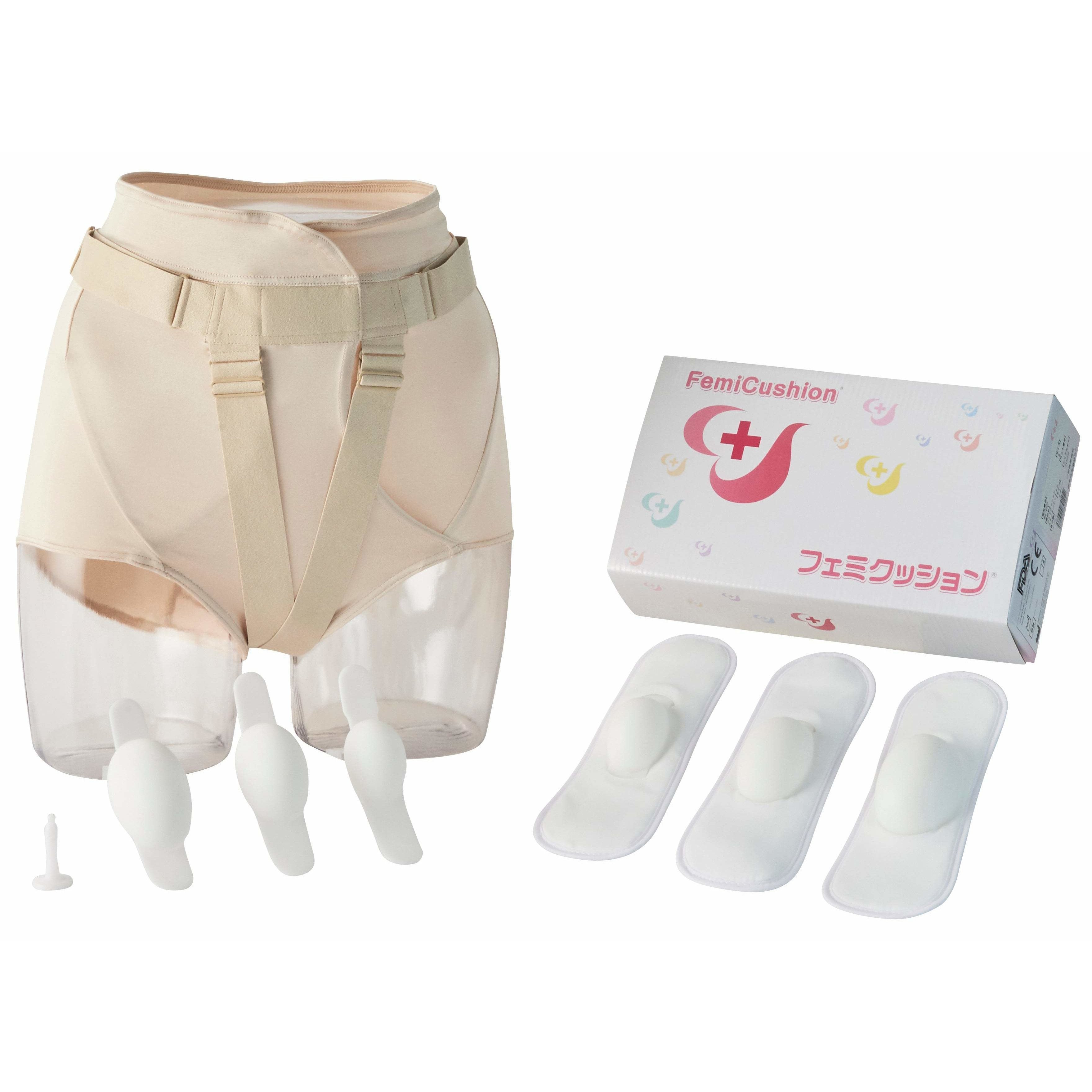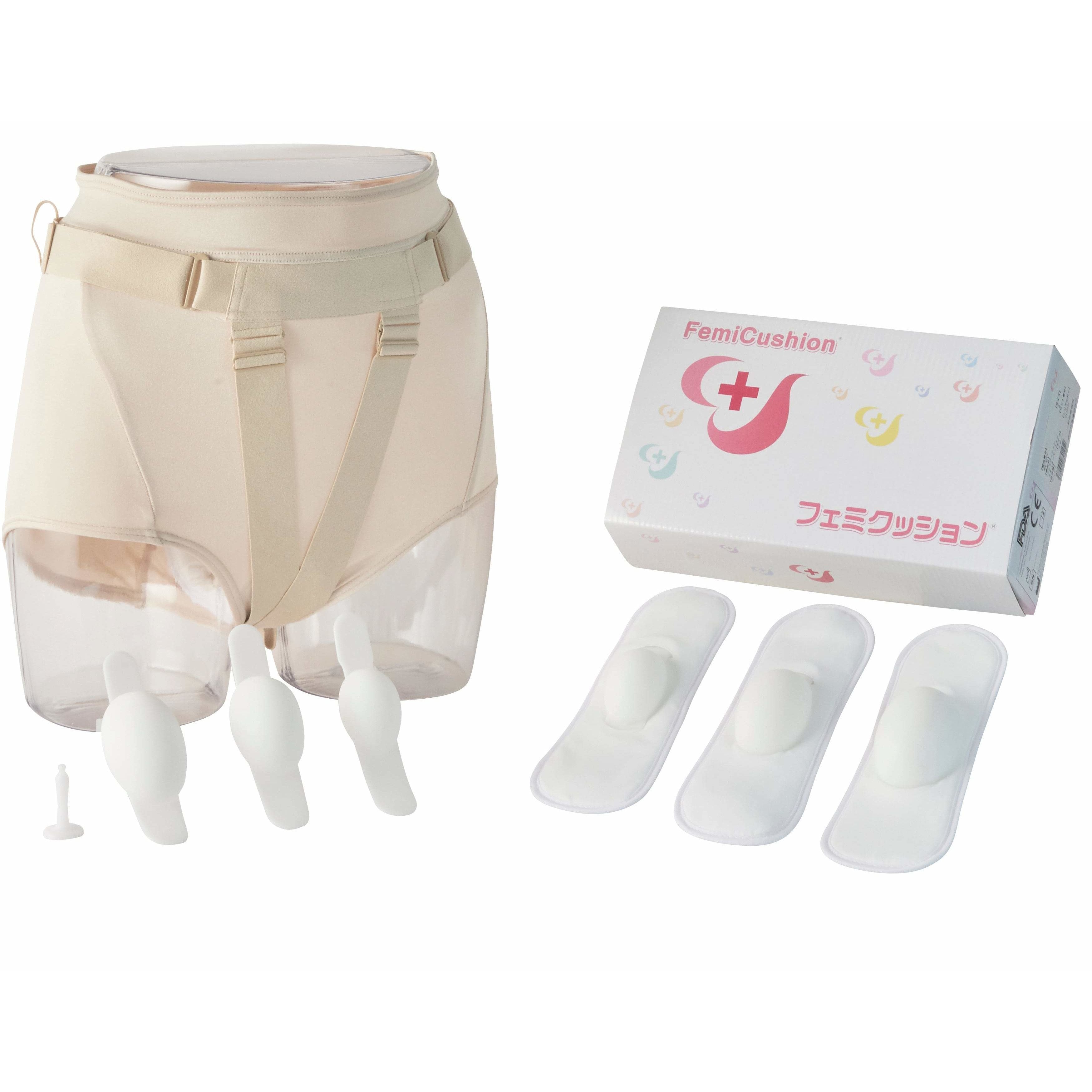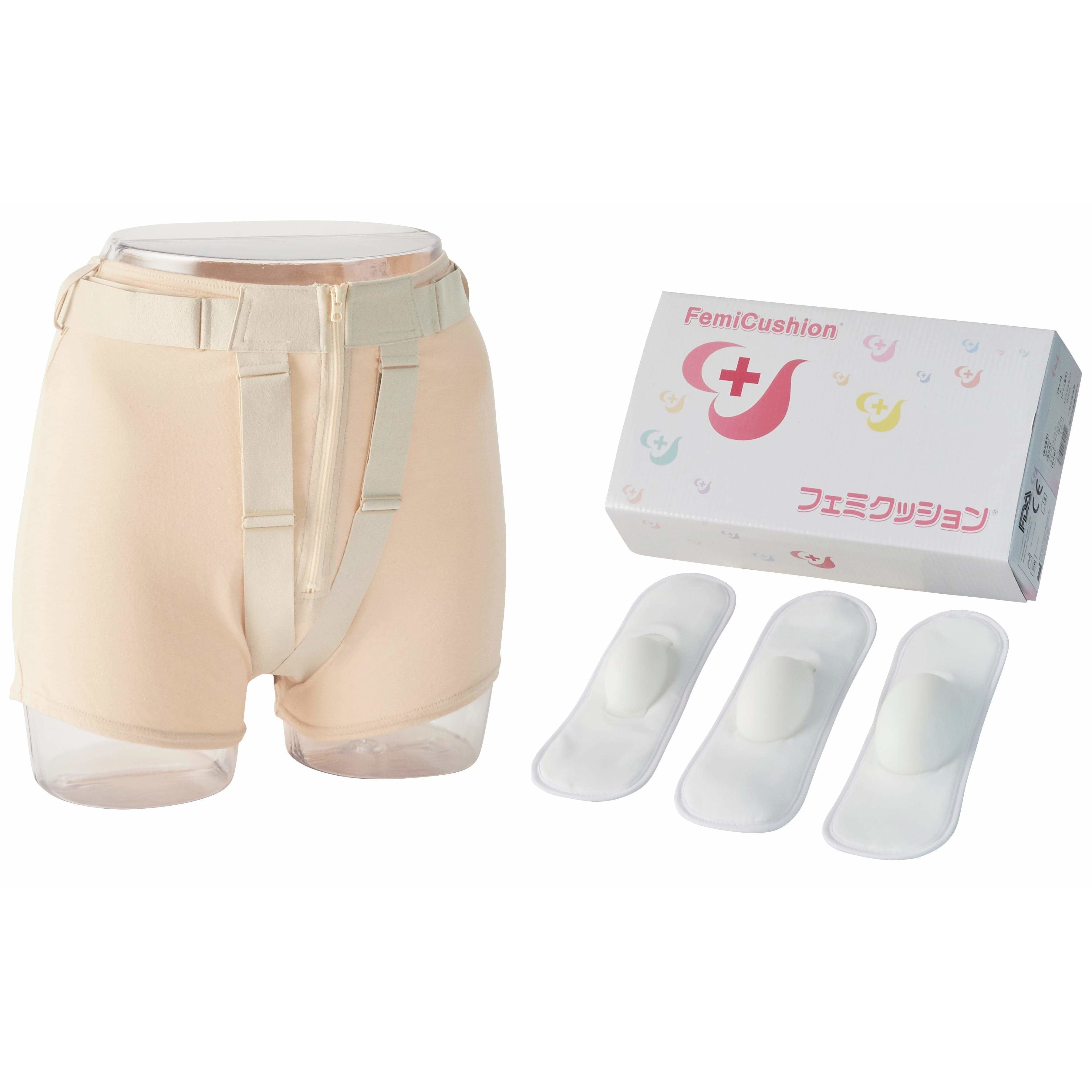Treatment of Asymptomatic Pelvic Organ Prolapse
Table of Contents

Some women with pelvic organ prolapse (POP) are asymptomatic. This means that even though they have some degree of pelvic organ prolapse, they are not experiencing any symptoms. Symptoms of POP can include the feeling of a bulge at the vaginal opening, pain, discomfort, urinary incontinence, bleeding, and much more. The most common way that women who are asymptomatic find out they have pelvic organ prolapse is through a doctor’s visit at an annual examination (e.g. a gynecologist). It is also possible that the patient experienced signs of prolapse but did not connect it to the condition - for example, gradually being unable to insert a tampon. So what happens if your doctor tells you that you have pelvic organ prolapse, but you're not experiencing any symptoms? Are there any treatments for asymptomatic pelvic organ prolapse? Read on to find out!
Asymptomatic POP does not require any treatment. However, there are things you can do to help strengthen your pelvic floor and prevent a prolapse from worsening.

Pelvic Floor Exercises
Pelvic floor exercises help strengthen the muscles that hold up the pelvic organs like the uterus, bladder, small intestine, and the rectum. Strengthening these muscles can prevent pelvic organs from descending or prevent existing POP from worsening. Prolapse exercises are also commonly known was Kegel exercises. Kegel exercises were invented by Arnold Kegel, an American gynecologist. These exercises are recommended by The American College of Obstetricians and Gynecologists as one way to “slow the progression of pelvic organ prolapse."
Before starting on any type of exercises, it is important to consult a professional like a physiotherapist that has in-depth knowledge of what exercises are beneficial or harmful. You do not want to worsen the prolapse by exercising the wrong way.

Maintain a Healthy Body Weight
With obesity increasing worldwide, weight is an important lifestyle factor that affects pelvic organ prolapse. Obese women experience increased intra-abdominal pressure, which can cause pelvic muscles to weaken, increasing the chances of having pelvic organ prolapse. Studies show that obesity is associated with quality of life in terms of pelvic floor symptoms and impairment. Weight loss is very beneficial to women who are overweight as it reduces both the risks of pelvic organ prolapse and symptoms of POP.

Diet
Constipation can cause unwanted pressure on the abdomen, weakening pelvic muscles and tissues. For women who are constipated, it is important to change their diet and add more fibrous foods to improve bowel movement. Drinking enough water each day can also help soften stools and stimulate bowel movement as well.

Quit Smoking
Smoking is an antiestrogenic, an agent that prevents estrogen production and blocks estrogen receptor signaling. The lack of estrogen causes thinning of the vagina. This weakens the structures and tissues that support pelvic organs, which can cause the organs to drop. In addition, smoking can also cause what is called a smoker’s cough or chronic coughing. Coughing increases intra-abdominal pressure, which is damaging to the pelvic floor muscles. Ending tobacco use is not only better for your overall health but it is also a changeable factor that can greatly improve your pelvic floor.

Heavy Lifting
Certain sports and activities that require heavy lifting can put stress on your pelvic floor. Remember that if you have to lift heavy objects, don’t lift with your back. A healthy back is important for a healthy pelvic floor. Use your leg and arm muscles to help you lift objects rather than putting stress on your back. However, if possible, it is important to refrain from all heavy lifting as much as possible.

Clothing
Wearing a corset or girdle is not ideal for pelvic organ prolapse. These types of tight-fitting clothing around the abdomen can increase unwanted pressure, stressing out the pelvic floor muscles. Choose to wear comfortable, loose fitting clothing whenever possible.

Annual Checkup
Last but not least, it is important to see your doctor annually for a total body checkup. Not only is this important to monitor your prolapse, but it can also catch other problems like constipation or coughing, which can worsen the prolapse.
References:
3. https://pubmed.ncbi.nlm.nih.gov/20556556/
4. https://pubmed.ncbi.nlm.nih.gov/28700456/
5. https://www.kegel8.co.uk/blog/smoking-pelvic-health
Disclaimer: The information on this site is not intended or implied to be a substitute for professional medical advice or diagnosis. All content, including text, graphics, images, and information, contained on or available through this website is for informational purposes only.
Supervising Doctor of This Article

Koichi Nagao, MD PhD
Professor, Department of Urology, Toho University Faculty of Medicine
Director of Urinary tract reconstruction center, Toho University Omori Medical Center
Director of Reproduction Center, Toho University Omori Medical Center
Professor Nagao specializes in plastic surgery in the field of reproductive medicine. He completed eight years of plastic surgery training at Showa University before majoring in urology at Toho University. With his meticulous surgical techniques and careful examinations that combines urology and plastic surgery, Professor Nagao became a Board Certified Specialist with multiple associations including the Japanese Urological Association, the Japan Society for Reproductive Medicine, and the Japanese Society for Sexual Medicine.
The suggested Products

FemiCushion EasyOpen Deluxe Kit
$299.99

FemiCushion Standard Deluxe Kit
$299.99

FemiCushion Lite Kit
$249.99




